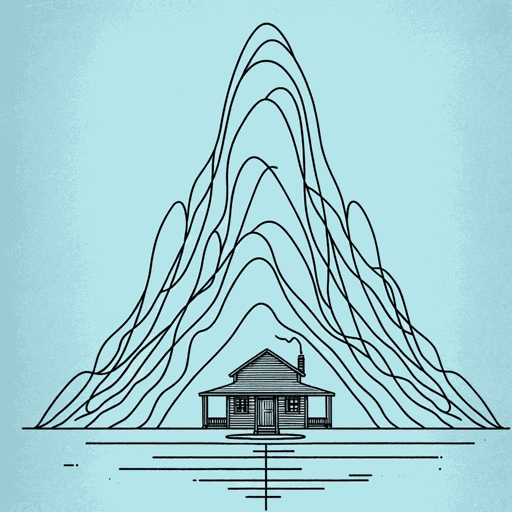19 pages • 38 minutes read
Derek WalcottAdam's Song
Fiction | Poem | Adult | Published in 1985A modern alternative to SparkNotes and CliffsNotes, SuperSummary offers high-quality Study Guides with detailed chapter summaries and analysis of major themes, characters, and more.
Themes
The Power of Earthly Love
Earthly love is among the most potent forces in “Adam’s Song,” and the human ability to communicate and represent that love is presented as an alternative to the despair caused by humanity’s expulsion from the Garden of Eden. Importantly, Adam’s defense “against his own damnation” does not defend either him or Eve except by presenting their earthly affection towards one another (Line 13). The idea behind the song, in fact, seems to depend on love as a force both contrary and opposite to that of damnation.
The speaker’s indication that “Nothing has changed” since Eve’s time (Line 9) and that Adam’s song is still sung by men in the contemporary era suggests that the power of love to defend against damnation is not limited to the Garden of Eden. In fact, the song and the affection that it demonstrates seems to present the world outside of the garden as a preferable alternative. The poem presents the garden as a place of predators, conflict—where “death com[es] out of the trees” (Line 17). The garden, after Eve’s transgression, is formally chaotic and “lost to vipers” (Line 11). The world outside of the garden, by contrast, appears stable through Walcott’s use of 







Related Titles
By Derek Walcott













